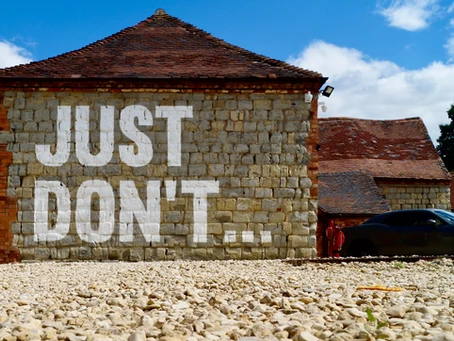For years now, I have advised that all adults should have a Durable Power of Attorney in place. Let’s suppose that your husband has appointed you as his Power of Attorney. As near as you know, there should be no problem doing your job as Agent.
You walk into a bank to conduct financial business on his behalf and run into a wall of push back from the bank officer. Common objections by the bank that my clients have reported include:
• the document is too old,
• it does not conform exactly to the statutory form,
• whether the witnesses are unrelated to the principal is not stated,
• there is no way to know if the principal has revoked the power,
• there is no way to know if the principal was competent when it was executed,
• the bank does not know who the Agent is,
• the document is not valid unless the Principal is physically at the bank with the Agent,
• a copy of the document must be certified by a Delaware attorney,
• or the Principal must sign a Power of Attorney drafted by the bank.
You’re first reaction, rightly, is to call the drafting attorney to vouch for the document. Then the banker tells you that he won’t talk to your attorney because he doesn’t know who he is – could be anyone, he says.
What’s your recourse? Here are tips based on Delaware law. A document that is properly drafted and executed under Delaware law is valid and enforceable. Properly drafted refers to a writing naming an Agent to act for the Principal and a statement that the Agent’s authority endures even if the Principal is deemed incompetent at a later time. Properly executed means the document includes a signed Agent’s Certification and Notice of Principal and was signed by the Principal in front of one disinterested witness and a Notary Public (sometimes referred to as “acknowledged”). A copy is as good as the original. The document does not have to be certified. The Principal cannot be required to execute any additional documents. The transaction of business based on the document does not require the presence of the Principal to be valid.
A person shall accept an acknowledged (notarized signatures) Power of Attorney unless he has actual knowledge that the personal Power of Attorney has been terminated or revoked, or is void or invalid, or that the agent does not have the authority to perform the act requested. 12 Del. Code § 49A-120. A person who improperly refuses to accept a Power of Attorney may be compelled to do so by the court and is subject to an award of damages, attorney fees, and costs.



